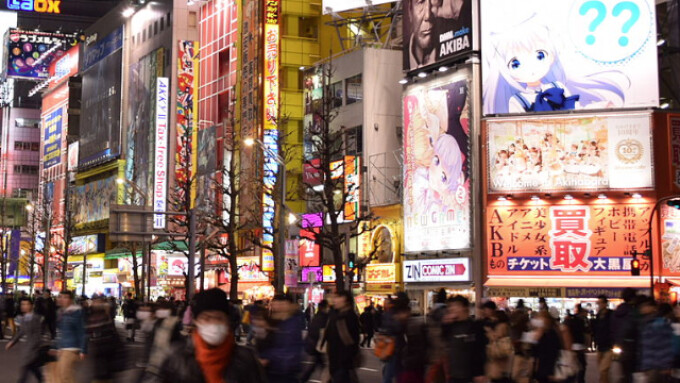TOKYO — The U.N.’s special rapporteur on the sale of children, child prostitution and child pornography, Maud de Boer-Buquicchio, has asked Japan to ban manga comics that have "extreme child pornographic content," a move that critics say would limit artistic freedom of expression.
Japan did ban the possession of child sexual imagery in June 2014, but such depictions are not forbidden in manga comics, video games or animated movies.
"ASACP was very gratified when Japan finally criminalized child pornography involving actual children," Tim Henning, executive director of the Association of Sites Advocating Child Protection (ASACP), told XBIZ. "Criminalizing sexually explicit images that do not depict real children or virtual child pornography, which arguably includes manga and anime, is a much more debated topic globally."
"While some countries have outlawed this material others have not," added Henning. "The viewpoint of those that have outlawed it is that it contributes to the abuse of actual children and therefore society needs to be protected from it. Those that have not believe there is no evidence to support that it contributes to the abuse of actual children and since no actual children have been harmed or exploited in the creation of the content — it falls under the protections of artistic freedom of speech and expression — as is currently also the case in the U.S."
Manga translator Dan Kanemitsu believes de Boer-Buquicchio is "mixing reality with fiction,” because he sees a distinction between images featuring actual children and the childlike characters in manga comics.
“There is no such thing as manga and anime child pornography,” Kanemitsu said. “Child pornography entails the involvement of children, and we must confront it for that reason. [De Boer-Buquicchio] meant sexualized depictions of childish looking characters in manga and anime. Many male and female artists in Japan draw characters in an art style that looks childish to western eyes. Therefore it is a rejection of an art style popular in Japan.”
De Boer-Buquicchio recently concluded an eight-day inspection of sexual abuse crimes in Japan, where she met with victims, various nongovernmental organizations, public officials, law enforcement representatives and the judiciary.
“Investigations and prosecutions are hardly ever initiated without a complaint lodged by the child victim," she said. "The few cases that are prosecuted often end up with convictions that are suspended or entail low penalties, such as fines."








